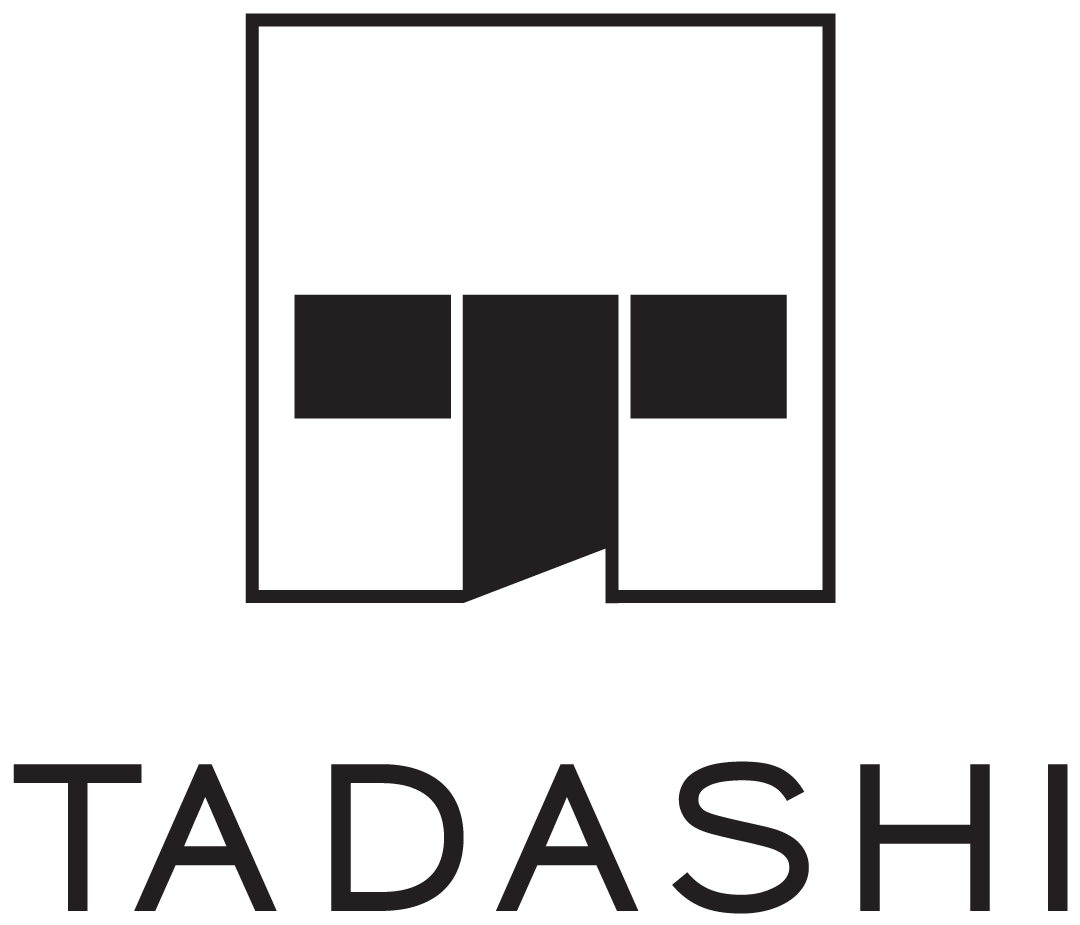The ABCs of ADUs and DADUs
Photo by Lisa Anna
Whether you’re looking to expand the square footage on your property as your family grows, exploring how to host guests in a more private space, or you’re strategizing how to maximize your assets and receive some additional income, looking into the benefits of an ADU or DADU could be a game changer. An ADU is an accessory dwelling unit, meaning an addition to the main house with all the basic necessities for a residence, like a kitchen, bathroom, place to sleep, etc. A DADU is a detached accessory dwelling unit, which is essentially the same in function as an ADU except these are specifically separate buildings from the main house.
ADUs and DADUs allow homeowners to expand on their property, and depending on how much space you have or what you’re looking to use the unit for, either can be a great way to maximize your property and utilize it to its fullest potential. You may know these units as their more colloquial terms, like a mother-in-law unit, cottage, or guest house. However, the permitting process for building these, particularly in Seattle, actually has quite specific guidelines. In 2019, Seattle removed many of the barriers previously in place that made receiving permits for the units in residential areas difficult. Over time, the city has recognized the need to fill in the “missing middle” and that ADUs can help provide more affordable housing to many Seattle residents.
In fact, as reported by a KUOW article, Phillip Carnell, from Seattle's Office of Planning and Community Development, remarked, "Last year, 87% of ADUs were permitted in neighborhood residential zones. That is cementing that ADUs are outnumbering single-family residential permits 2-1 in the city." Although granting permits doesn’t necessarily mean they’re being built currently, it does certainly signal a major uptick in buyer interest in these dynamic types of housing.
Seattle’s website offers a helpful breakdown of ADUs/DADUs as well as links to permitting forms, important codes to know, requirements, restrictions, and more. For more helpful graphics and statistics, check out this progress report released by the city this summer.
I think that ADU/DADUs are exciting components of new development in the city, and they exemplify the ability of homeowners and developers to adapt to changing times and find ways to create solutions to one of the big problems our city faces: a lack of housing. If you’re interested in learning more or want to discuss other development news happening in Seattle, please reach out to me today.



